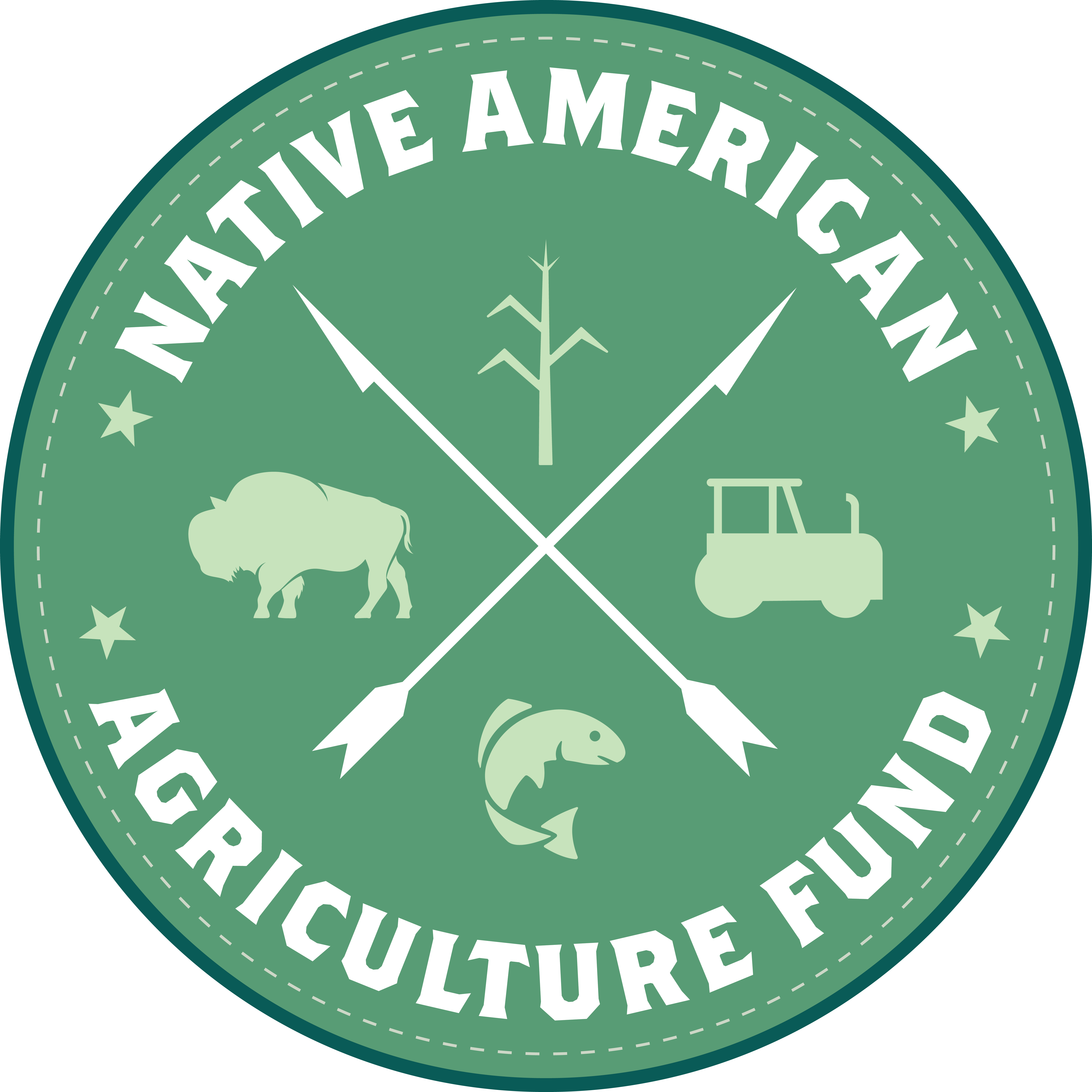Federal Government Shutdown Threatens Tribal Communities and Agricultural Producers
Federal Government Shutdown Threatens Tribal Communities and Agricultural Producers
“Tribal communities across the United States, often located in remote rural areas, face the risk of bearing the brunt of a federal government shutdown. They heavily rely on crucial federal services, such as agricultural extension, feeding programs, technical assistance, and resources for crop production, livestock management, and land conservation, all provided by USDA. The looming threat of a shutdown could worsen the challenges these communities already face. During the COVID-19 pandemic, tribal communities were disproportionately impacted by food access barriers, with 49% of Native Americans experiencing food insecurity. A government shutdown could further disrupt the distribution of food assistance to these rural and tribal areas.
Tribal producers, who serve as original land stewards, play a vital role in environmental conservation, often on the frontline of climate impacts. Through USDA-funded programs, they engage in conservation practices to protect our environment. However, a government shutdown could halt these efforts, jeopardizing land management and environmental conservation. Additionally, tribal communities are increasingly focused on developing their agricultural enterprises, serving as a primary food source and economic backbone for rural and tribal areas, regardless of tribal affiliation. Engaging in new markets through trade is essential for their economic opportunities and development, benefiting all rural Americans. A government shutdown can disrupt trade operations, significantly affecting local and regional food supplies and economies.
Toni Stanger-McLaughlin, CEO of the Native American Agriculture Fund, expresses concern regarding the immediate consequences of a shutdown on tribal communities and agricultural producers. Tribal producers rely on federal grants and loans to sustain their agricultural operations, and a shutdown would delay or suspend access to capital, directly impacting dedicated farmers and ranchers who depend on these funding sources. It is unacceptable for any producers to worry about their financial stability due to political infighting in Washington. Agriculture impacts every individual who eats or depends on the land, so it’s crucial to prioritize the livelihoods of those who work diligently to provide food and resources for our communities.”
Considering the historical impact of government shutdowns on certain populations and industries, and with the current state of the economy as we approach colder temperatures, a shutdown could have catastrophic effects. Each citizen’s voice matters, and it is important that Tribal citizens are aware they can use their collective voices through our partner organization, the Native Farm Bill Coalition, to share more about why a government shutdown is not acceptable.
If you or someone you know is experiencing food insecurity or will likely experience food insecurity in mid-October if a shutdown occurs, please know there are resources available. You can visit your local Tribal Governing where the following programs often exist: Temporary Assistance for Needy Families (TANF), The Food Distribution Program on Indian Reservations (FDPIR), or a local food pantry or food bank. Feeding America is the largest organization dedicated to ending hunger, they have a resource of member networks on their website.
Our team at NAAF, in collaboration with our partner organizations, will continue to monitor updates as they become available.
###
About the Native American Agriculture Fund:
The Native American Agriculture Fund (NAAF) provides grants to eligible organizations for business assistance, agricultural education, technical support, and advocacy services to support Native farmers and ranchers. The charitable trust was created by the settlement of the landmark Keepseagle v. Vilsack class-action lawsuit. NAAF is the largest philanthropic organization devoted solely to serving the Native American farming and ranching community
